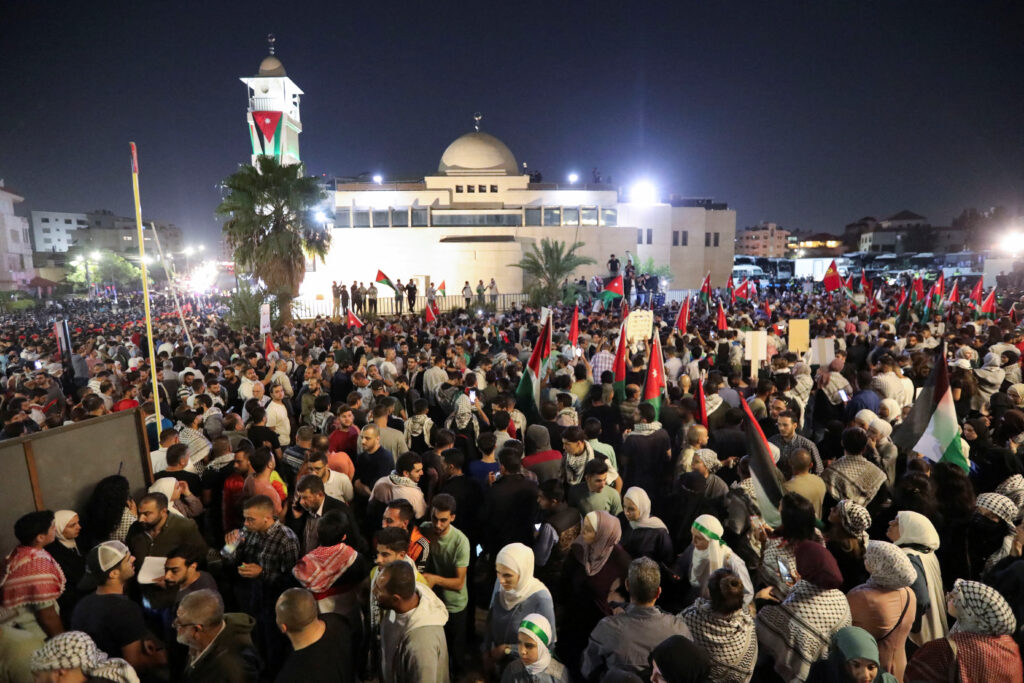COUNTRIES including the United States, Canada, Russia and Arab states pushed for either a pause or ceasefire in fighting between Israel and Hamas in the Gaza Strip so that humanitarian aid could be delivered to besieged Palestinian civilians, and late on Tuesday eight trucks with water, food and medicine entered the enclave from Egypt.
Nearly three weeks after Hamas militants shocked Israel with an attack on southern Israeli towns in a rampage that killed 1,400 mostly civilians, world leaders sought to prevent the conflict from spreading.
U.S. President Joe Biden and Saudi Arabian Crown Prince Mohammed bin Salman spoke by phone on Tuesday and agreed on border diplomacy “to maintain stability across the region and prevent the conflict from expanding,” the White House said.
Deadly clashes have intensified between the Israeli military and Palestinians in the occupied West Bank, and resurged between Israel and Lebanon’s Iran-backed, heavily armed Hezbollah group along the Israeli-Lebanon border. Any wider conflict would jeopardise security in a region key to global energy supplies.
The U.S. has advised Israel to hold off on a planned ground assault as Washington tries to free more of the 200-plus hostages Hamas is still holding captive in Gaza.
Iran’s U.N. Ambassador Amir Saeid Iravani told the Security Council on Tuesday that U.S. Secretary of State Antony Blinken had attempted to wrongly blame Iran for the Israel-Hamas war.
“Our commitment to regional peace and stability remains unwavering,” he said. “The U.S. has further exacerbated the conflict by overtly aligning itself with the aggressor at the expense of the innocent Palestinian population.”
In a statement released on social media, the Palestinian health ministry said at least 5,791 Palestinians had been killed by Israeli bombardments since Oct. 7, including 2,360 children.
Reuters could not independently verify the ministry figures.
